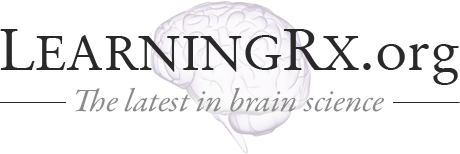Flickering Light May Help Alzheimer’s
Scientists from the Georgia Institute of Technology have found that lights flickering at 40 beats per second has a beneficial effect on Alzheimer’s disease. The results were published in The Journal of Neuroscience....
read more

